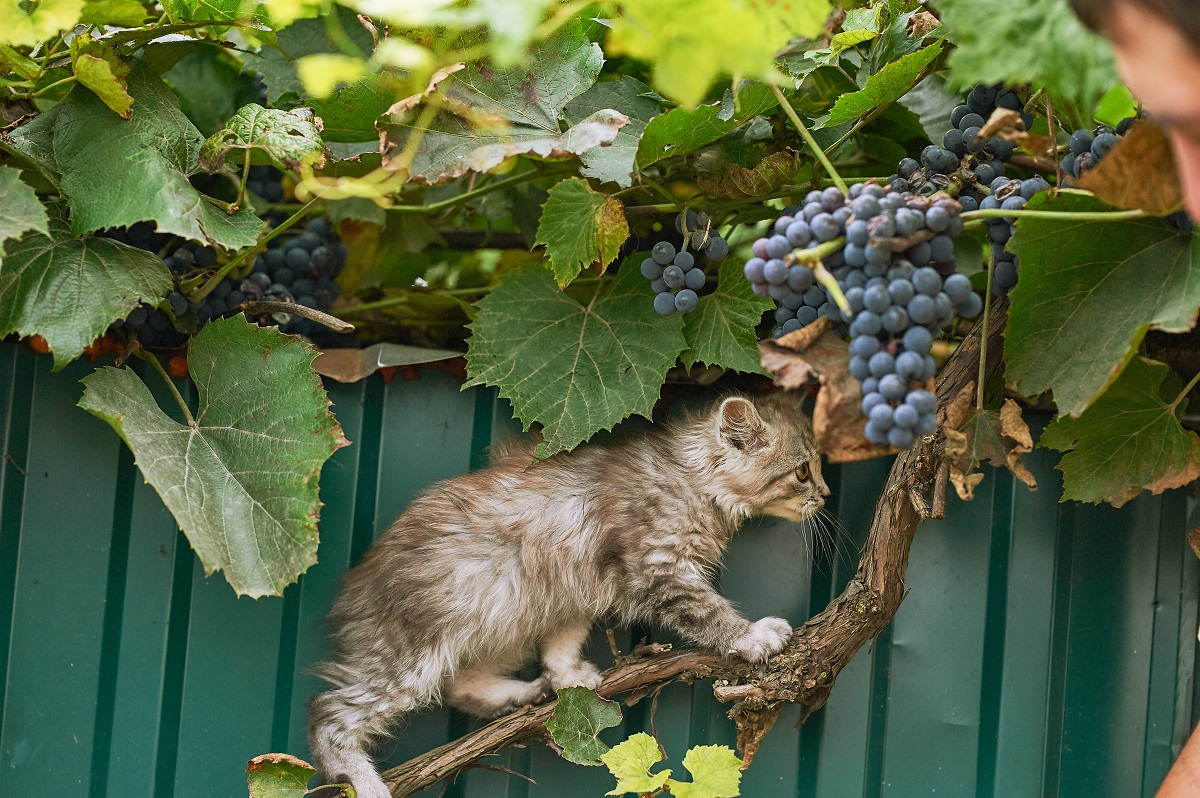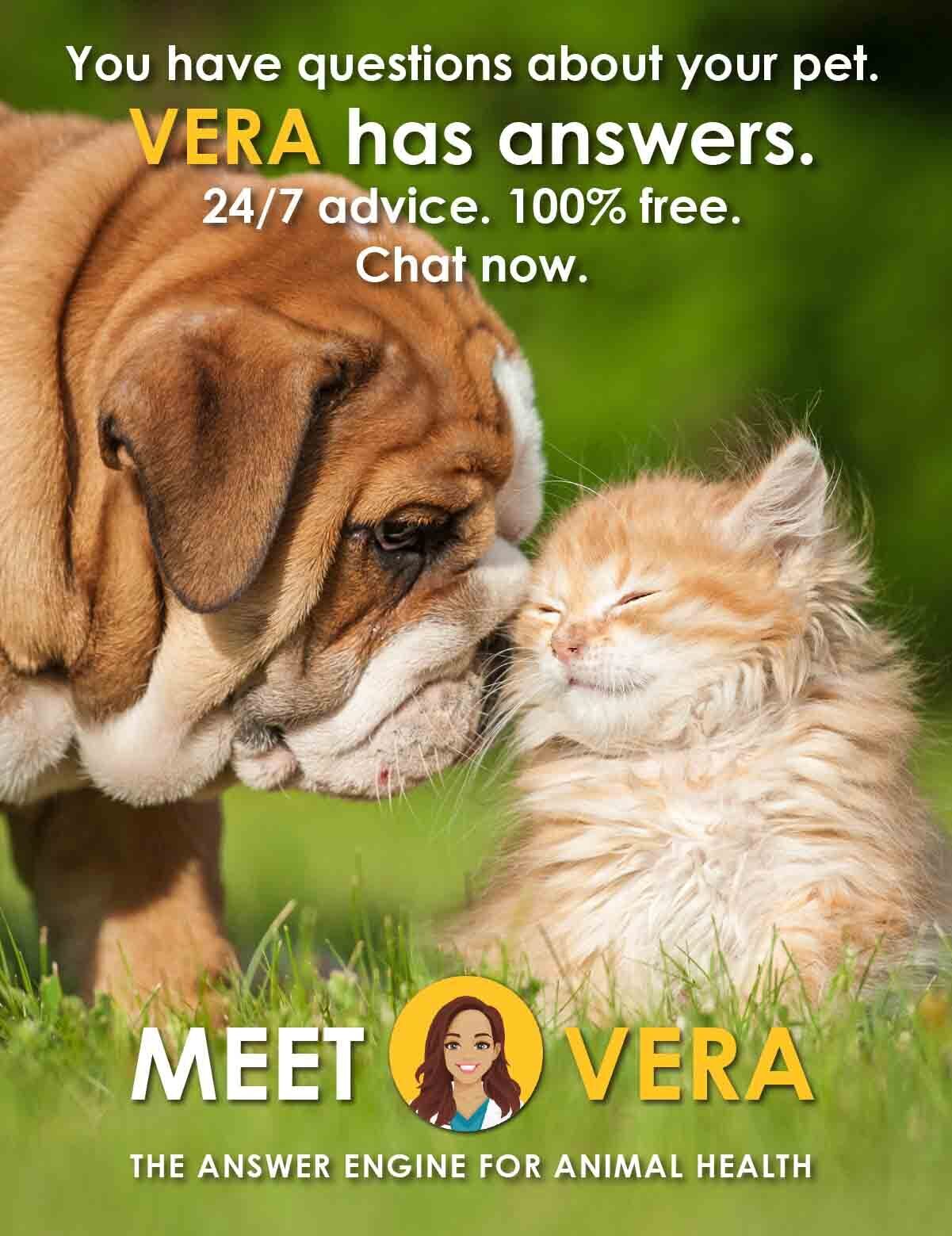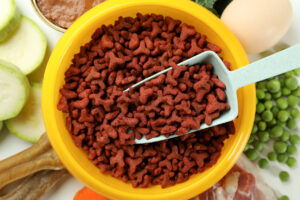Welcome to the Askvet Webinar Series where our doctors and veterinary professionals present relevant information and discuss important pet topics. Join our live streams to learn how you, your dogs, and your cats can live your best lives!
When we think about pet poison and toxins, we envision chemicals and cleaners. While these substances can cause trouble for our furry friends, so can fruits, veggies, and plants! Did you know that grapes, bread dough, essential oils, dryer sheets, and Sago Palm plants can cause devastating effects to our dogs and cats if ingested? In this webinar, Dr. Marks speaks about these common household toxins, symptoms your pet may experience if ingested, and what to do in the event of a toxicity. Tune in below to learn more about keeping your pets safe and toxin free!
Canine HouseHold Toxicities:
Common toxicities in dogs include Poinsettia plants ingestion, Chocolate, Xylitol, Grapes and Raisins, Over-The-Counter and Prescription Medications, as well as batteries. Some cause more devastating effects than others. For instance, Poinsettias, if ingested, can cause mild vomiting and diarrhea which usually will resolve with time and does not require ER care. Xylitol, however, can be life-threatening if consumed in tiny amounts. Xylitol is a sugar-free substitute found in food products as well as gum, mouthwash, toothpaste, and drink powders. A dog that has eaten a xylitol containing substance, may experience vomiting, stumbling, low blood sugar, seizures, liver failure, and possible coma.
Other toxins are dose dependent meaning the amount of substance ingested and the size of the dog will determine the severity of the effect. Chocolate, for example, has varying degrees of potency. Semi-sweet, dark chocolate, and cocoa powder are the most powerful chocolate products. A small chihuahua that eats 2 oz of dark chocolate could have heart abnormalities, seizures, and suffer fatal consequences, whereas a Great Dane that consumes the same amount may have no symptoms at all. Grapes and raisins can cause kidney failure, but the severity of symptoms greatly varies among dogs regardless of dog size.
OTC and prescription products made up a bulk of calls made to Pet Poison Helpline. 17% of inquiries were about acetaminophen and ibuprofen while 15% were in regards to topical creams, antidepressants, anticonvulsants, and cardiac meds. Make sure to keep your medications in a high, locked cabinet.
In the event of toxic ingestion, one route of treatment your vet may recommend is to induce vomiting. While this may be safe with some toxic ingestions, the symptoms can worsen with other substances, such as with batteries. The material inside the battery is corrosive and can burn the mouth, esophagus, and internal organs if the pet vomits after eating a battery.
Feline HouseHold Toxicities:
Common toxicities in cats include Lily plant ingestion, Antifreeze, Rodenticide, Garlic and Onions, and Household Products and Cleaners. Although Lillies are gorgeous flowers, all parts of the plant are toxic and can cause irreversible kidney damage. Never have a lily in your home if you have a cat.
While some toxins have immediate effects, some toxins have a delayed response, meaning your pet will not be sick until days after exposure like with Antifreeze, rodenticide, and garlic and onions making it so important to prevent exposure in your pet. Antifreeze, or ethylene glycol, can cause difficulty walking, increased thirst and urination, along with changes in the nervous system, heart, and kidneys. Check for puddles in your garage and driveway routinely. Rodenticide, mouse and rat killer, are often pink or blue pelleted products that are baited with yummy attractants. This toxin prevents clotting if ingested. Garlic and onions, while a common food staple for people, cause severe anemia, weakness, and pale gums. When cooking or earring garlic and onions, do not leave food unattended.
Other Household Pet Toxicities:
Household items such as essential oils, bleach, jade plants, sago palms, rhododendron, raw eggs, and alcohol should not be accessible to your pet. Additionally, household products and cleaners like paint, spackle, home improvement materials, fabric softeners, dryer sheets, carpet fresheners, and swiffer wet jets should be stored safely and out of your pet’s reach.
Toxic Exposure
In event of toxic exposure
- Remove your pet from the area.
- Check for breathing.
- Do not give at home anecdotes as this could worsen symptoms and delay care.
- Do not induce vomiting unless Pet Poison Helpline, ASPCA Animal Poison Control, or your veterinarian has instructed you to do so.
- Know your local ER location and number.
At AskVet, we know that every pet has its own personality and unique set of needs, which will continually evolve over time. We’re here to help you evolve with them. We use Personalized Pet Plans to help guide you through every stage of your pet’s life—and we’re with you every step of the way.






